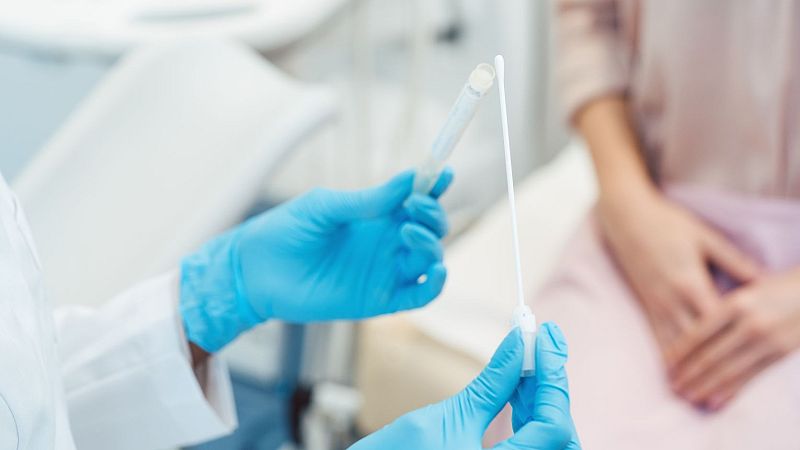Scientists create new AI tool to predict genetic risk for common hereditary diseases

US researchers have developed an artificial intelligence (AI) tool to better predict whether rare genetic mutations will lead to disease, with the goal to speed up early detection and avoid unnecessary treatments.
Genetic testing can identify changes, or variants, in a person’s DNA – but many have little or no impact on our health. A single variant rarely provides the full picture, either, given that multiple genes, along with their interactions and environmental factors, affect our risk of conditions ranging from heart disease to cancer.
The New York-based research team aimed to make that picture clearer. They developed a tool that uses AI and electronic medical records – which contain information on a patient’s health history – to predict the likelihood that people will develop diseases based on their genetic risks.
“We wanted to move beyond black-and-white answers that often leave patients and providers uncertain about what a genetic test result actually means,” said Ron Do, one of the study’s authors and a professor of personalised medicine at the Icahn School of Medicine at Mount Sinai.
“By using artificial intelligence and real-world lab data, such as cholesterol levels or blood counts that are already part of most medical records, we can now better estimate how likely disease will develop in an individual with a specific genetic variant,” Do added in a statement.
The researchers used more than one million electronic health records to develop AI models for 10 inherited conditions, including breast cancer and polycystic kidney disease (PKD). They applied these models to patients with rare genetic variants, assigning them a score between 0 and 1 to determine their likelihood of developing the disease.
This enabled the researchers, who published their findings in the journal Science, to calculate a risk score for more than 1,600 genetic variants.
The model has already offered clues about the health risks associated with certain genetic mutations. For example, some variants that had been labelled as “uncertain” had clear connections to specific diseases.
“While our AI model is not meant to replace clinical judgment, it can potentially serve as an important guide, especially when test results are unclear,” said Dr Iain Forrest, who works in Do’s lab and is the study’s lead author.
Doctors could use the risk score to decide whether patients should undergo additional screenings, take steps to try to prevent a disease from developing – or “avoid unnecessary worry or intervention if the variant is low-risk,” Forrest said in a statement.
The researchers are now expanding the model to include more diseases and genetic variants as well as a more diverse group of patients.
“Ultimately, our study points to a potential future where AI and routine clinical data work hand in hand to provide more personalised, actionable insights for patients and families navigating genetic test results,” Do said.
Today

